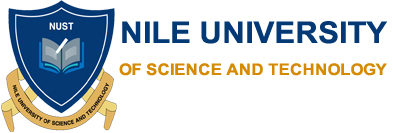Medical laboratory scientists are trained to work in clinical chemistry, hematology, immunohematology, immunology and microbiology, with various sub-specialties in each of these major areas. The program of study is designed to provide the knowledge and technical skills necessary to qualify an individual for work in a diagnostic clinical laboratory, research, or industry. Students complete two years of pre-professional courses in science and general education, and after admission into the Medical Laboratory Science (MLS) professional program, complete three years of medical laboratory science courses. The professional course work includes didactic courses, student laboratory instruction, and clinical experience rotations in medical laboratories in the Salt Lake Nust.
As outcomes measures of curriculum effectiveness, the NUST MLS undergraduate program has a three year average ASCP Board of Certification pass rate of 96% when the exam was taken within one year of graduation. In the last three years, 100% of students who began the final half of the MLS program graduated with a Bachelor of Science (BS) degree and/or a certificate of completion. One hundred percent of graduates in the last three years were employed in the field or in a closely related field and/or continued their education within one year of graduation.

